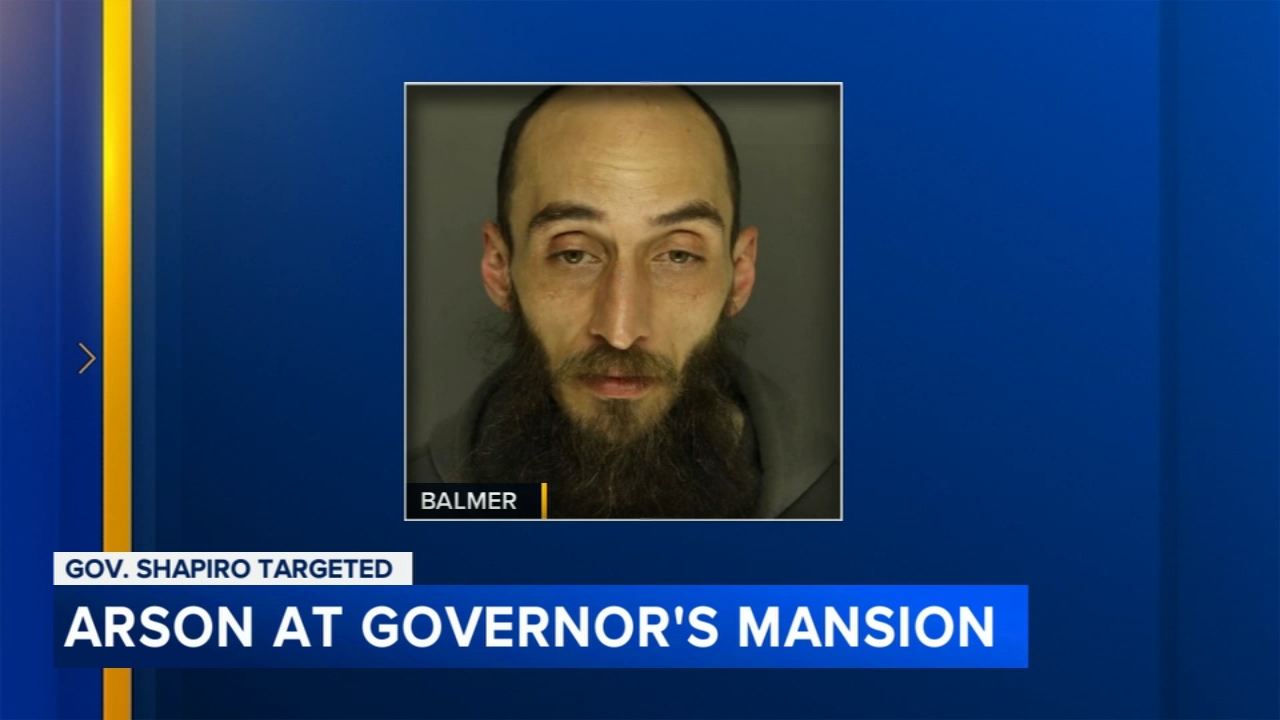Philadelphia Art Commission hears from city about removing Christopher Columbus statue

PHILADELPHIA (WPVI) -- City leaders made their case Wednesday for the removal of the Christopher Columbus statue in South Philadelphia.
The city cited public safety concerns and feedback from the community when it asked the Art Commission for approval to take down the statue at Marconi Plaza during a virtual hearing. They are looking to remove the statue from its current location and relocate it to the city's storage facility.
The city allowed the public to send in written submissions. According to city officials, they received 13,553 submissions through their public comment form.
During their presentation over Zoom, the city said they looked at a random sampling of 1,200 responses.
Eighty percent of the sampling said they felt the statue represented "false history, genocide, racism, oppression." Twenty percent stated the statue represented "Italian-American culture, American history, explorer, pride of neighborhood."
The city also looked at residents living in the zip codes 19145 and 1948, which are closest to the statue.
With a sample size of 400 responses, they said 75 percent of responses in 19145 and 79 percent in 19148 stated the statue represents "false history, genocide, racism, oppression."
According to the sample size, the city said 25 percent of responses in 19145 and 21 percent of responses in 19148 stated the statue represents "Italian-American culture, American history, explorer, pride of neighborhood."
The statue has been boarded up since protests escalated into physical confrontations in recent months.

Some residents claim the statue is an important part of Italian-American heritage and should be left alone. Others denounce Columbus, calling him a symbol of hate and oppression.
"Philadelphia's public art should reflect the people and spirit of our city without dividing us as a community," Public Art Director Margot Berg said in a statement. "As we've seen demonstrated here and across the country, many of the individuals that are celebrated in bronze and stone are a point of pride to some, while causing great pain for others whose ancestors were impacted by their actions and whose communities still suffer under systems of oppression. While it may seem counterintuitive, the reality is that one aspect of managing a public art collection is the occasional removal of works from public view."
On June 15, Mayor Jim Kenney announced the start of the process to remove the statue from its current spot, in light of confrontations over the statue at Marconi Plaza.

Last month, the city released the following statement:
"Christopher Columbus became a symbol of Italian communities' contributions to U.S. history, but scholars and historians have uncovered first-hand documentation establishing that his arrival in the Americas also marked the beginning of the displacement and genocide of Indigenous people.
In recent weeks, clashes between those individuals who support the statue of Christopher Columbus in Marconi Plaza and those who are distressed by its existence have deteriorated to a concerning public safety situation. It is a situation that cannot be allowed to continue.
The City is committed to finding a way forward that allows Philadelphians to celebrate their heritage and culture, while respecting the histories and circumstances of others that come from different backgrounds."
During the virtual hearing, the Art Commission also heard testimony from the public, both for and against its removal.
"If the statue were to remain in place, we anticipate it will become a symbol and a site for ongoing clashes between opposing groups and ideologies," Penny Balkin Beach, the Executive Director of the Association for Public Art, said.
"Who is the city to tell the Italian community who we're supposed to venerate?" Recchuiti Francis of the Grand Lodge of Pa. Sons & Daughters of Italy said. "That is absolutely outrageous."
Former state senator Vince Fumo questioned the city's data input condemning the statue.
He said the meeting wasn't well publicized. Fumo said he had a list of 50 to 60 people who live in the neighborhood who did not even know of the meeting.
Fumo said there are thousands of people in South Philadelphia that don't have access to social media or know how to operate Zoom.
"The data you received thus far from the city and its agents is purely poppycock, as they say," Fumo said. "It should be totally ignored and not be given any credence whatsoever."
Fumo said the Art Commission needs to educate itself on both sides of Christopher Columbus' history before making a decision. He called the hearing a kangaroo court.
The Philadelphia Historical Commission will hold a hearing of its own on Friday. Its decision will become part of testimony, too.
A final decision by the Art Commission isn't expected until August 12.







